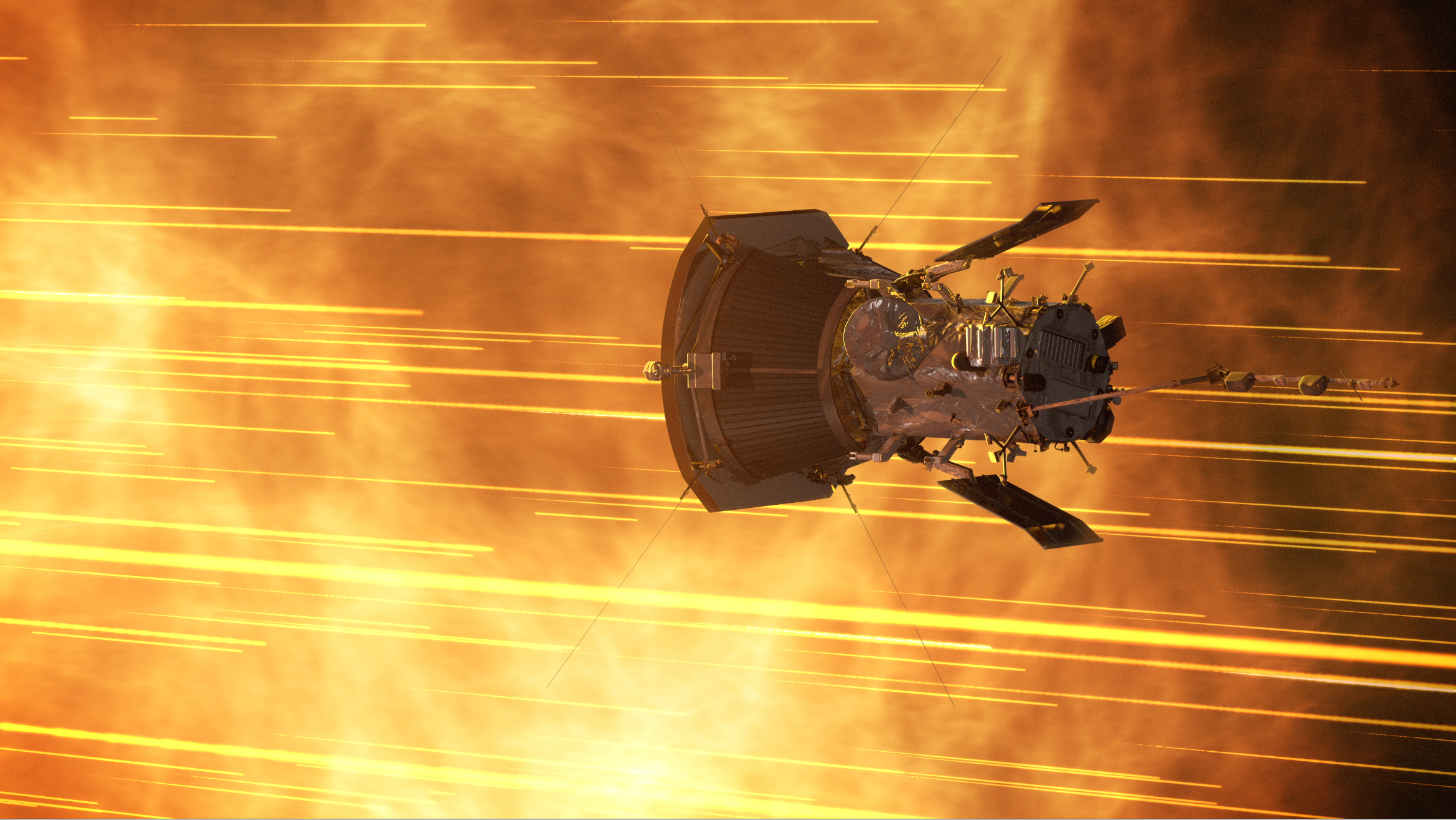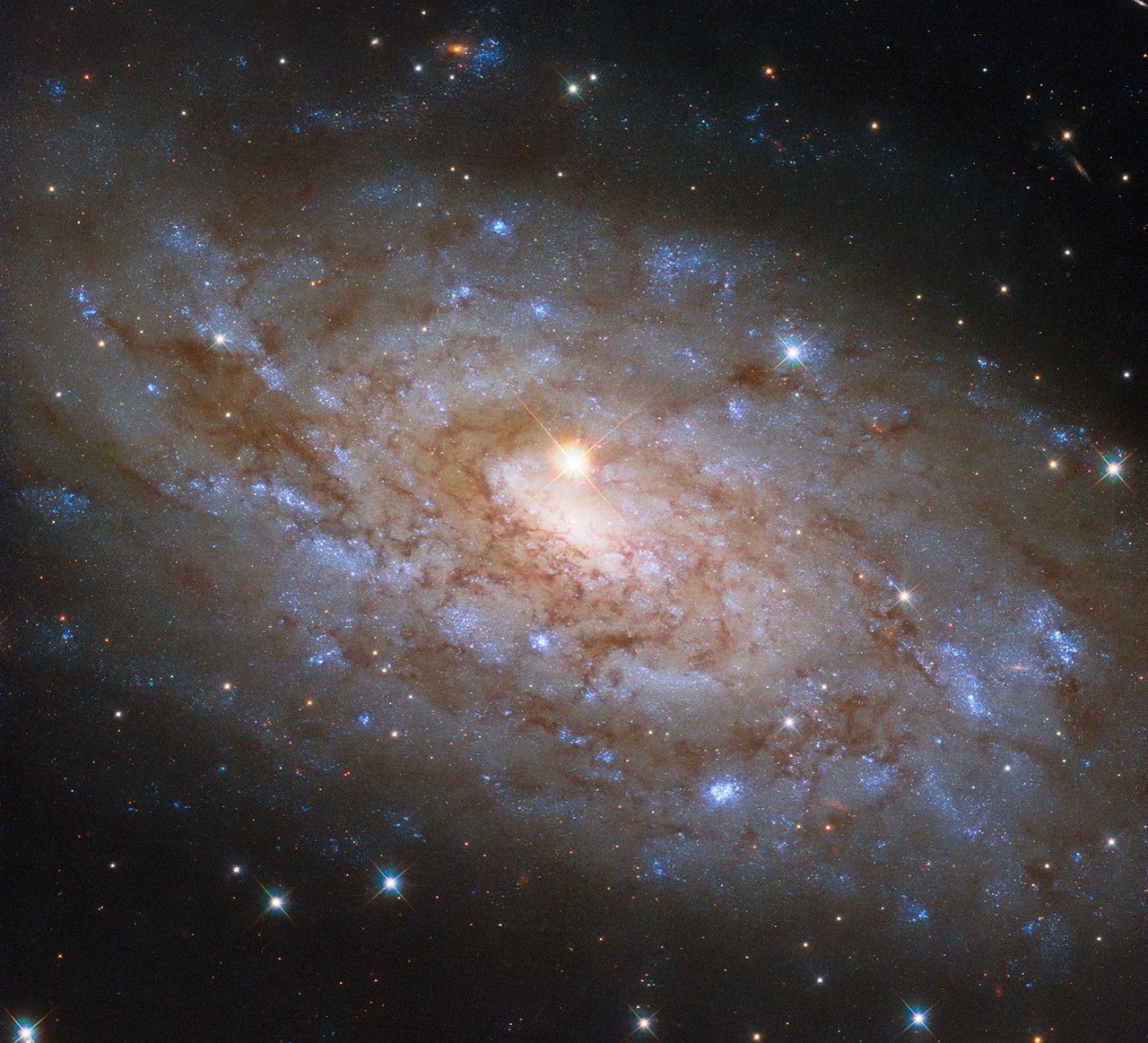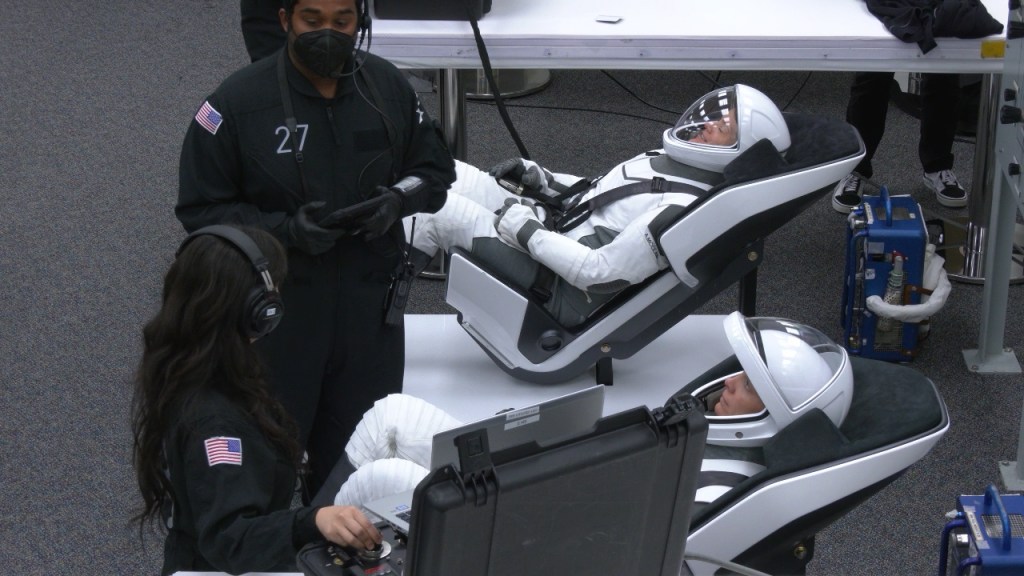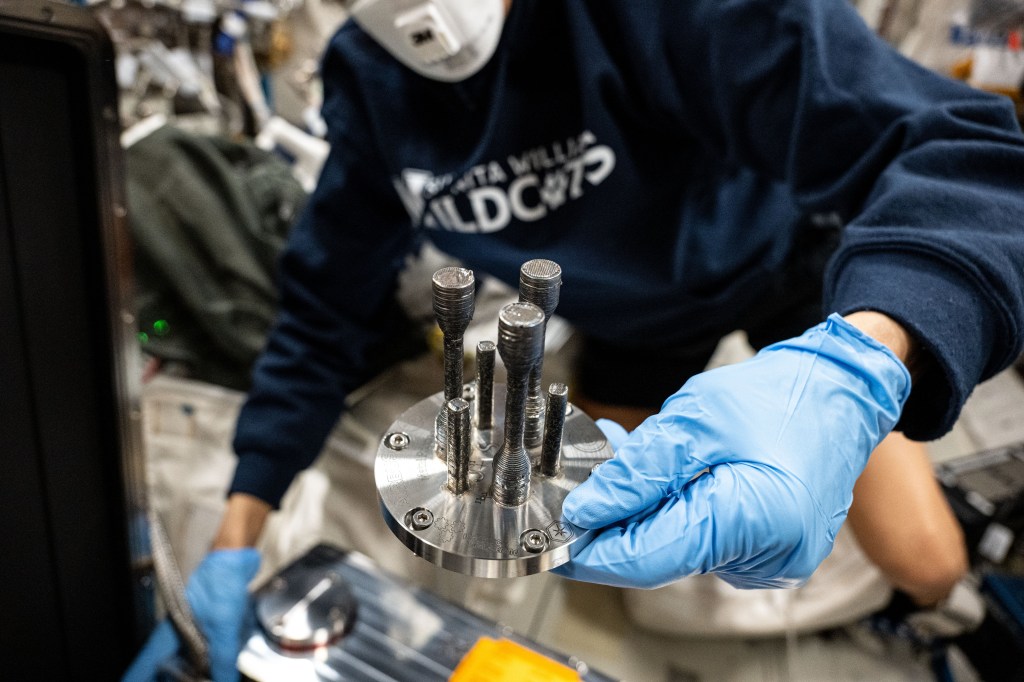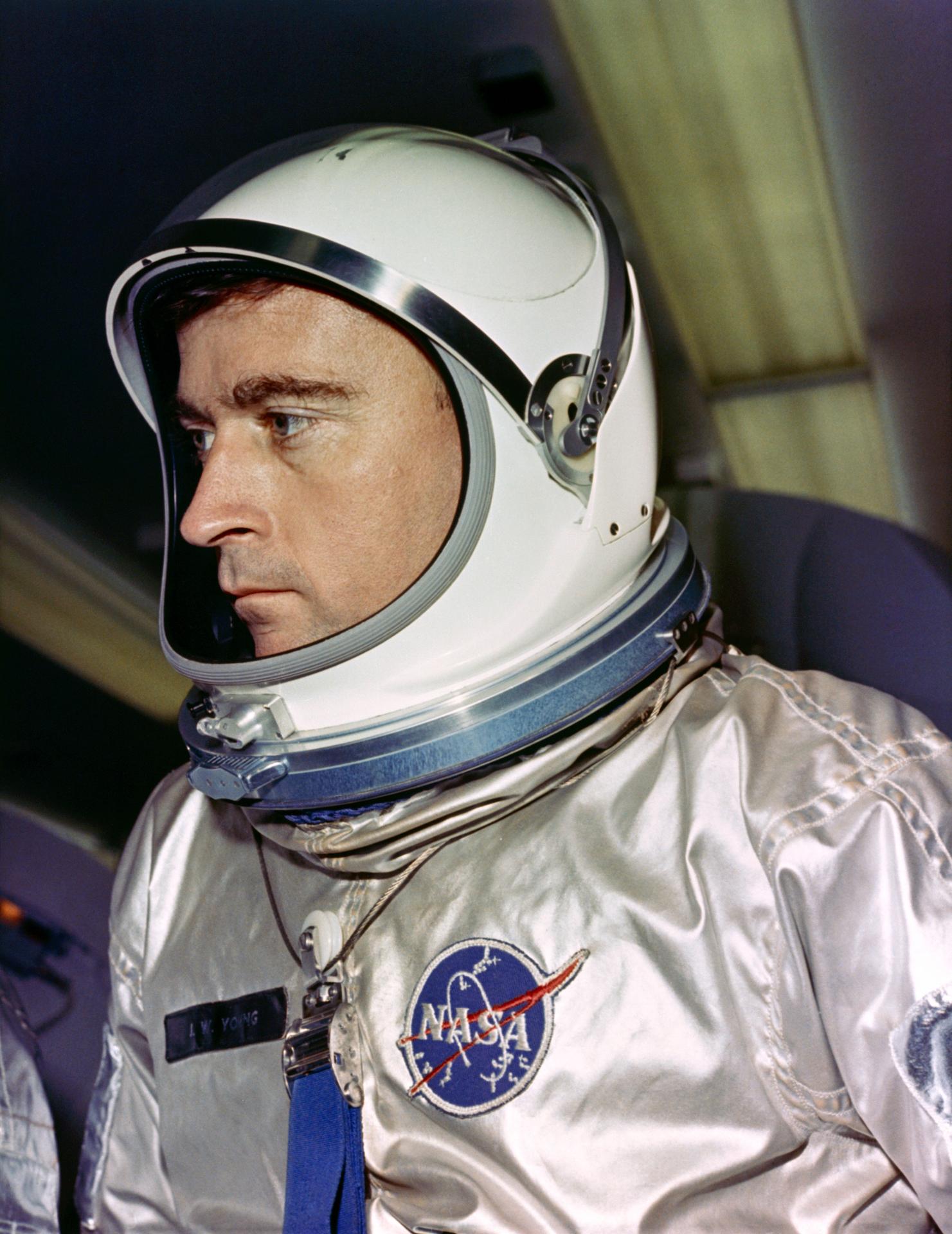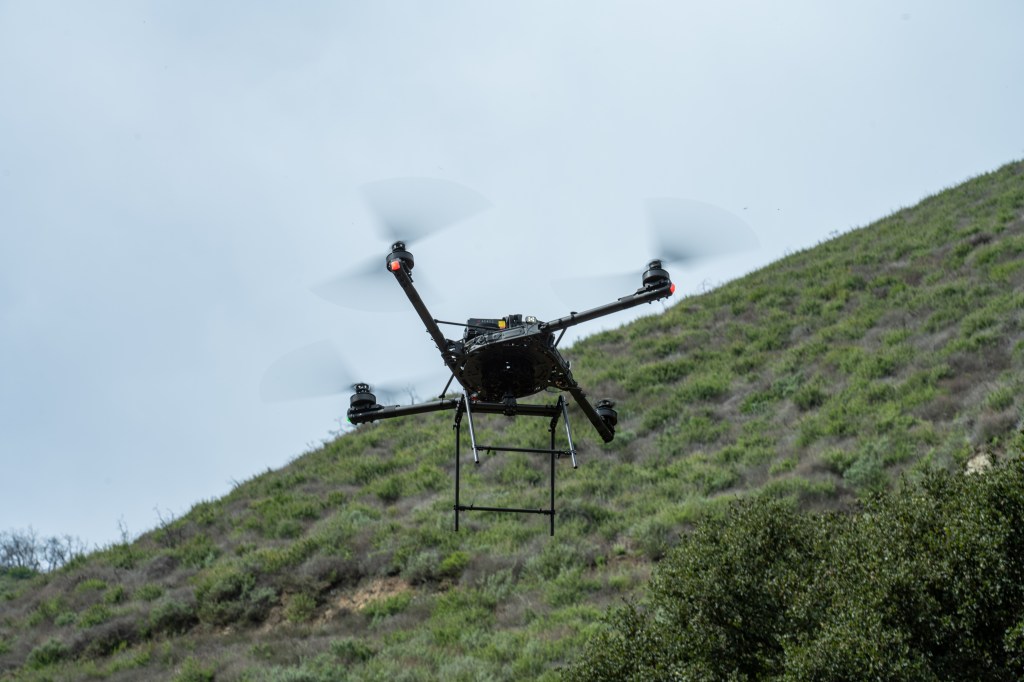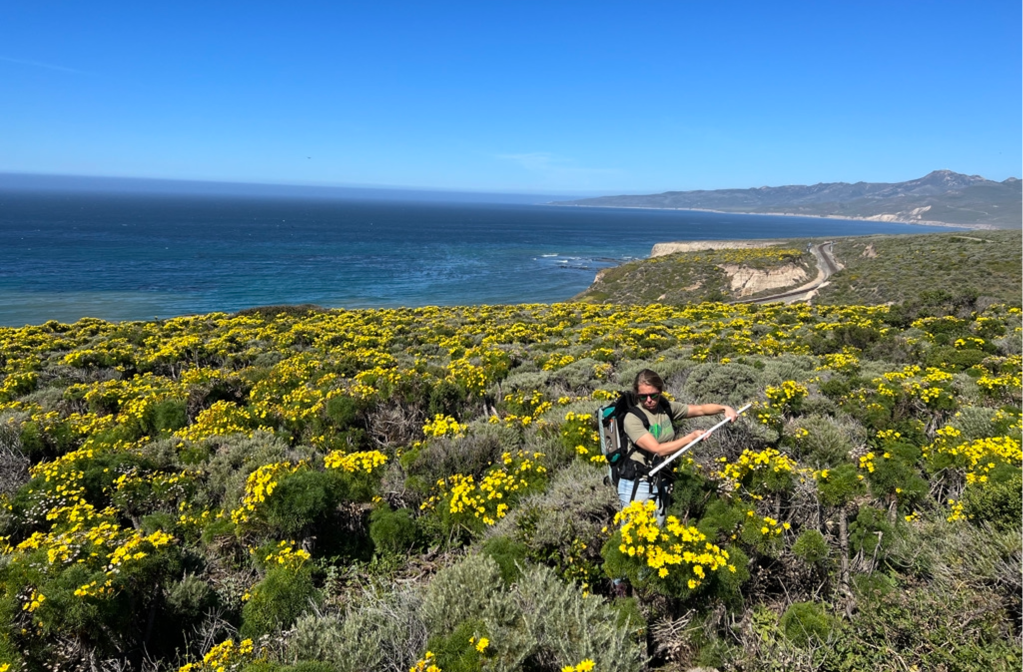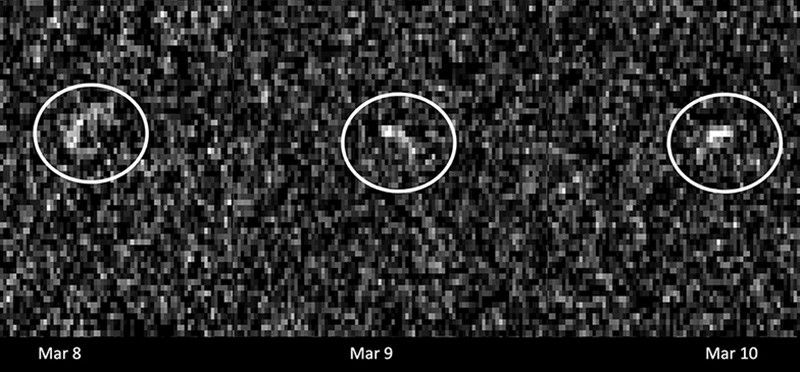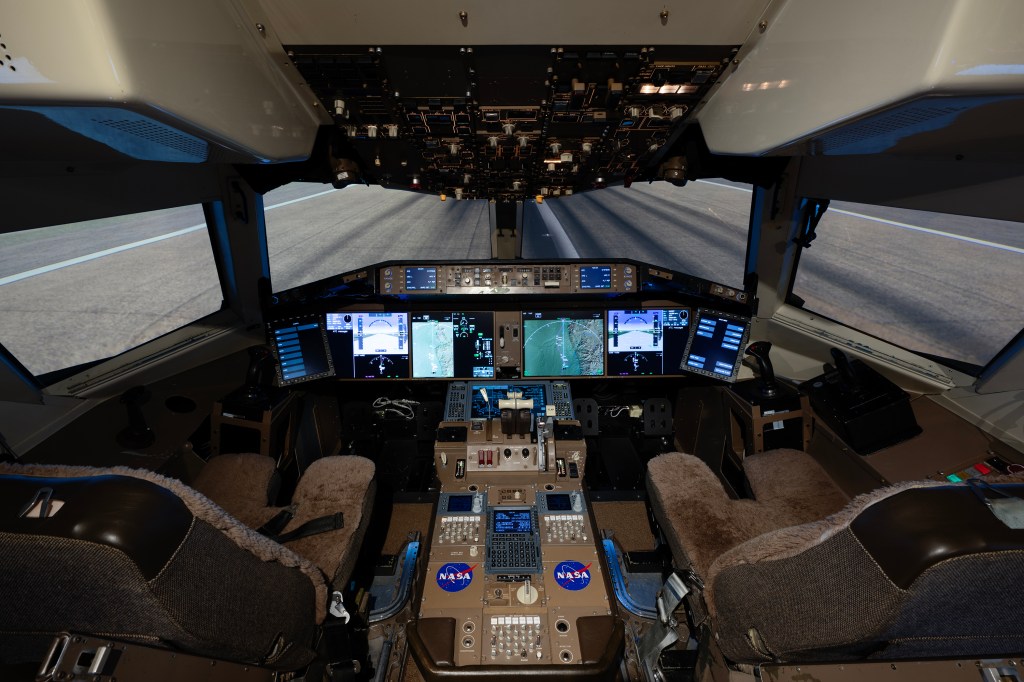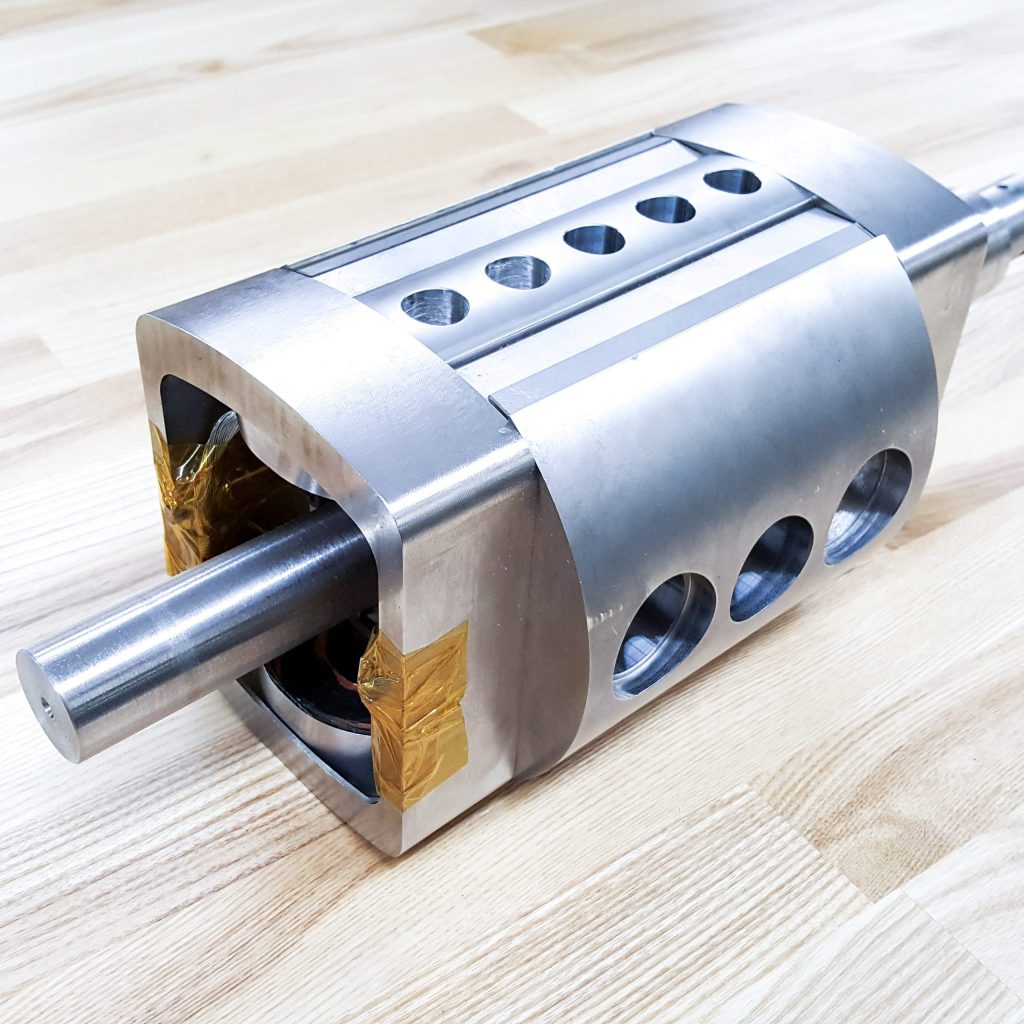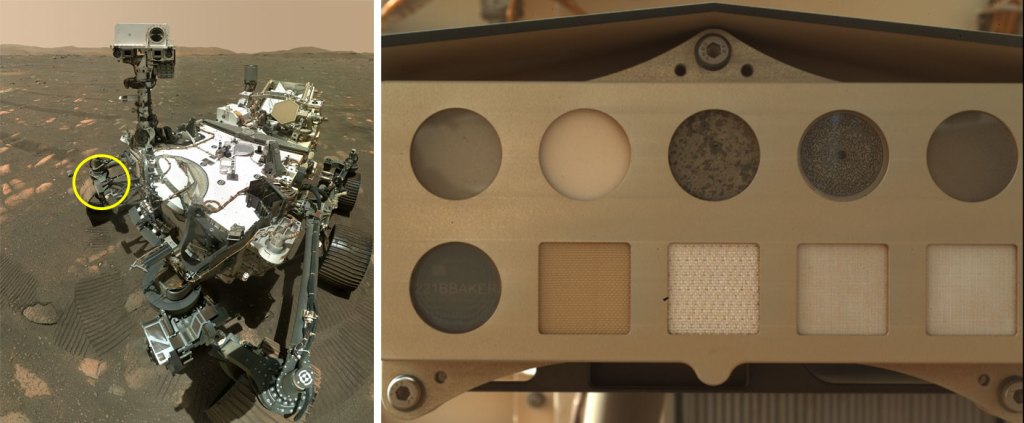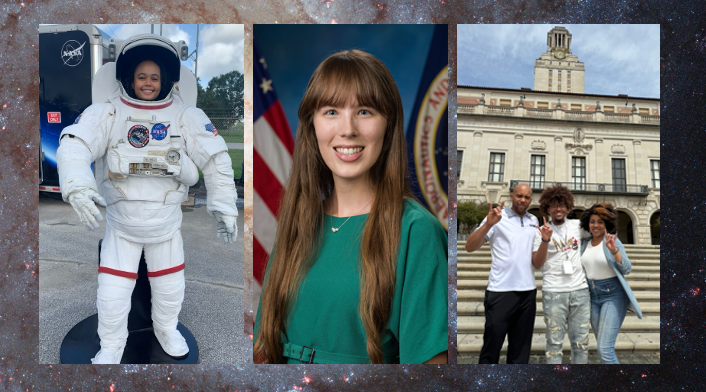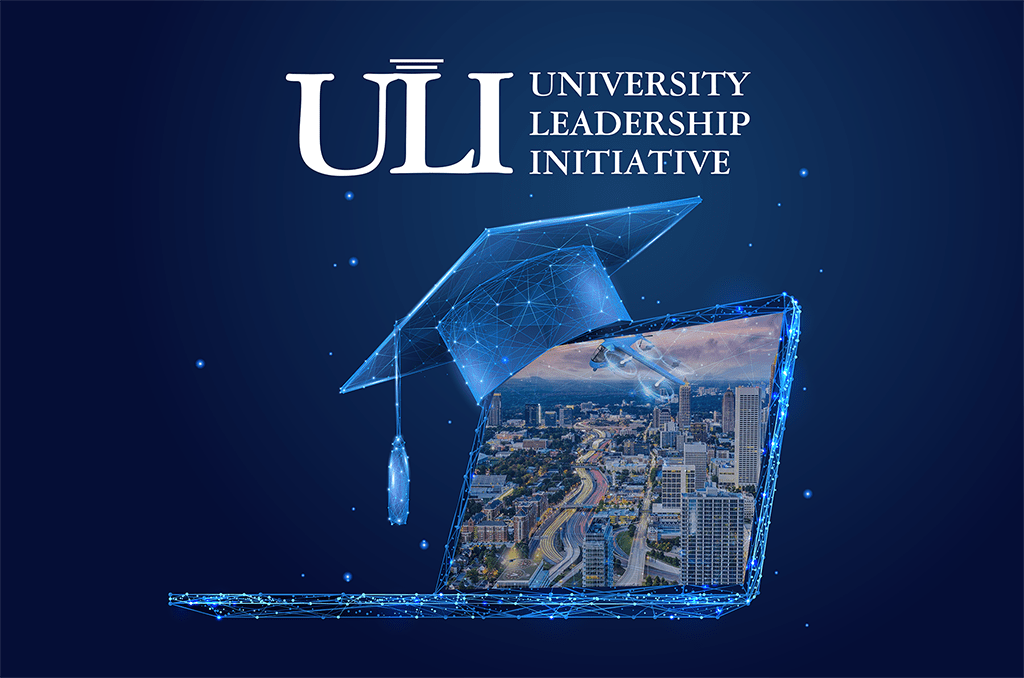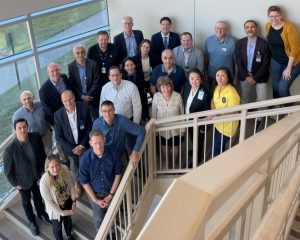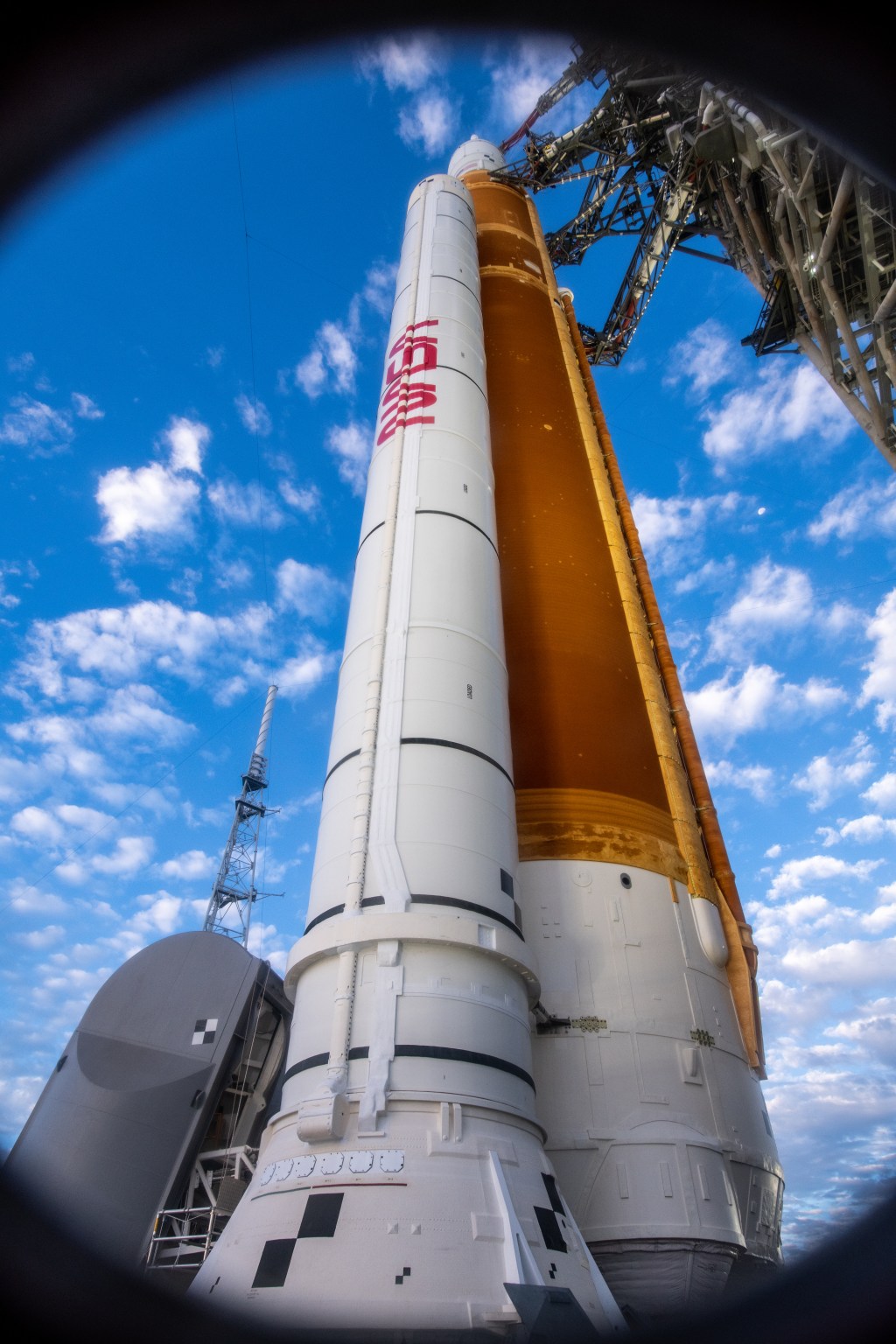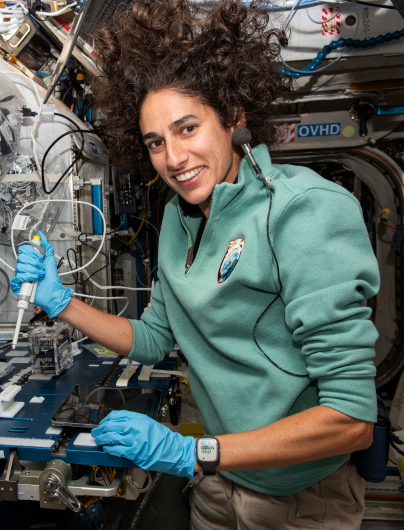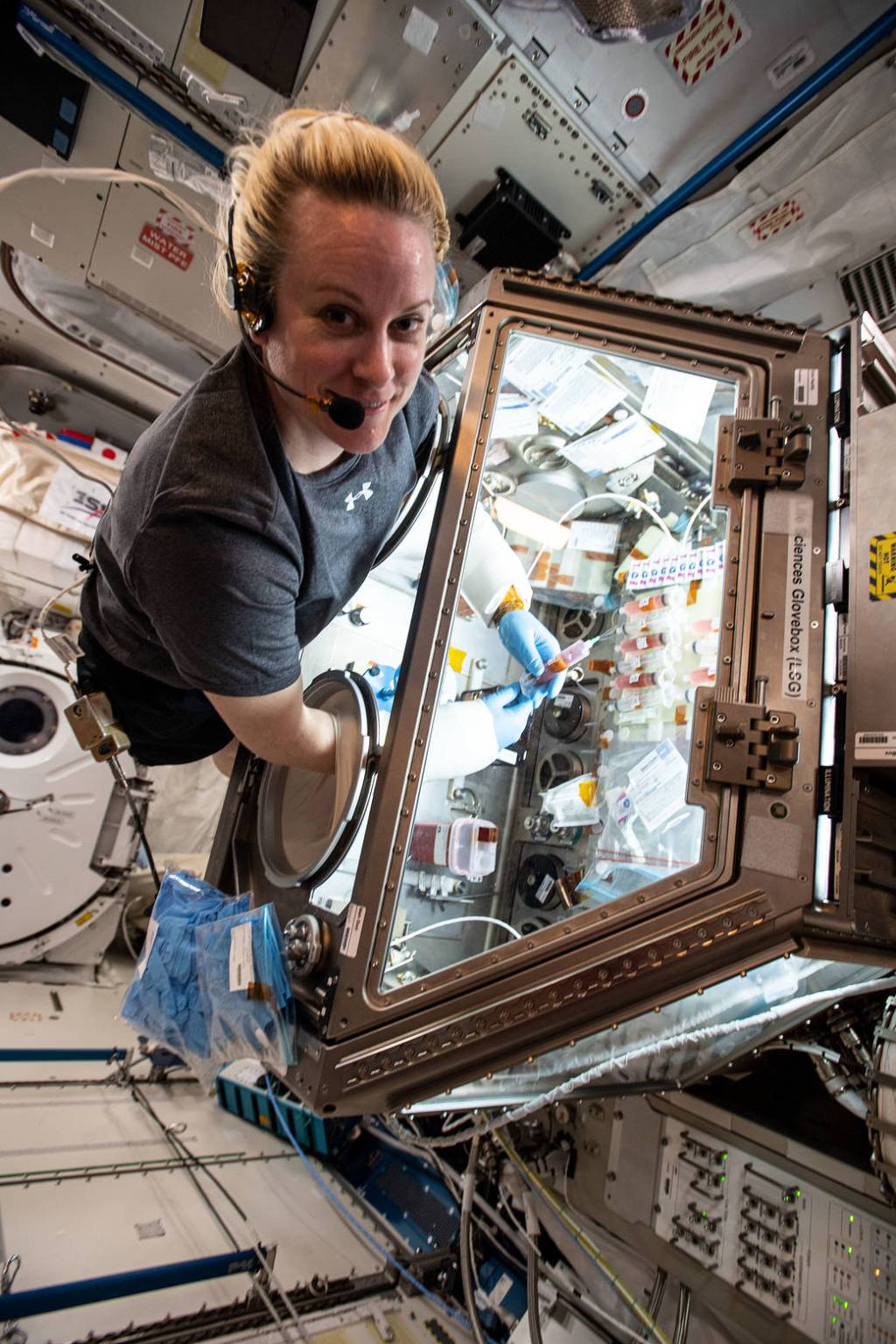NASA has selected crew members for a spaceflight simulation study in which a multinational crew of six people will live together in isolation for eight months in Moscow, Russia. The crew will experience various aspects of social isolation and confinement during the simulation. By studying crew interactions, health, and physiology during confinement, NASA researchers will advance development of methods and technologies to mitigate and counteract potential related problems on future spaceflight missions.
This simulation is one of a series that forms the Scientific International Research In a Unique terrestrial Station program, also known as SIRIUS. The studies take place in a ground-based analog facility called Nazemnyy Eksperimental’nyy Kompleks, or NEK, within the Institute of Biomedical Problems of the Russian Academy of Sciences in Moscow.
This new mission, called SIRIUS-21, will include almost 70 different studies that will help scientists learn more about the effects of isolation and confinement on human psychology, physiology, and team dynamics. NASA’s Human Research Program plans to integrate and support eight research investigations in SIRIUS-21, which will continue to help prepare humans for Artemis exploration missions to the Moon, trips to the planned lunar Gateway, and long-duration missions to Mars.
All four U.S. crew members will report for training in Russia in late August, and two of them will be selected as the prime U.S. crew members to begin the planned isolation mission in November. The Institute of Biomedical Problems will select and announce the additional four participants who will join the prime U.S. crew members. After the mission completes, the crew will emerge from isolation in July 2022.
Learn more about the U.S. crew members who NASA selected for SIRIUS-21:
William Brown
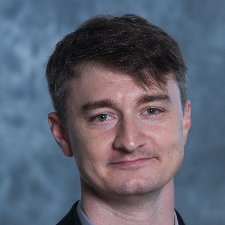 William Brown comes to SIRIUS-21 with experience spread across multiple industries, including the military, defense contracting, healthcare consulting, software engineering, and logistics. He has lived in the Middle East, Central Asia, and Russia.
William Brown comes to SIRIUS-21 with experience spread across multiple industries, including the military, defense contracting, healthcare consulting, software engineering, and logistics. He has lived in the Middle East, Central Asia, and Russia.
A former Boren Scholar, Brown is fluent in Russian. He holds a Master of International Business degree from the University of South Carolina’s Darla Moore School of Business. Prior to that, he earned a bachelor’s degree in Russian language, literature, and culture from the University of South Carolina. There, he also completed additional undergraduate coursework in computer science.
Brown is highly interested in seeing expanded cooperation between the United States and its partners in space exploration research.
Ashley Kowalski
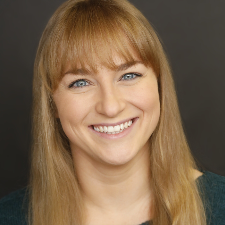 Ashley Kowalski currently is a project leader in The Aerospace Corporation’s Global Partnerships Department, where she works with and represents the U.S. Space Force Space Systems Command. Her responsibilities include developing collaboration opportunities, creating strategic alliances, deepening interoperability, and attracting new partners to assist with space systems and program architecture development.
Ashley Kowalski currently is a project leader in The Aerospace Corporation’s Global Partnerships Department, where she works with and represents the U.S. Space Force Space Systems Command. Her responsibilities include developing collaboration opportunities, creating strategic alliances, deepening interoperability, and attracting new partners to assist with space systems and program architecture development.
Her previous roles at Aerospace include being an international space systems analyst and technician, helping to develop space systems architecture. Kowalski has also lived and worked abroad through various exchange programs in Russia, Germany, and China, where she gained firsthand perspectives of the global space industry.
Through her numerous national and international assignments, she has worked on topics related to international space systems, national security space systems, civil systems (including human spaceflight and civil launch projects), space policy, satellite industry analysis, and satellite manufacturing start-ups. She is proficient in Russian and German, and fluent in Polish.
Kowalski received her Bachelor of Science and Master of Science degrees in mechanical and aerospace engineering from George Washington University in 2011 and 2012, respectively.
Brian Evarts
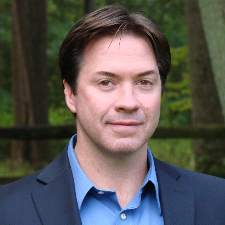 Brian Evarts is a technologist, data scientist, and entrepreneur. He holds a Bachelor of Science degree in computer science and a Bachelor of Arts degree in Russian language from West Chester University of Pennsylvania. He also earned a Master of Science degree in system dynamics and is working toward a Master of Science in robotics engineering at Worcester Polytechnic Institute. Evarts also is a certified scuba diver through the Scuba Schools International. He is certified for night diving, NITROX/mixed gas deep diving, and rescue diving.
Brian Evarts is a technologist, data scientist, and entrepreneur. He holds a Bachelor of Science degree in computer science and a Bachelor of Arts degree in Russian language from West Chester University of Pennsylvania. He also earned a Master of Science degree in system dynamics and is working toward a Master of Science in robotics engineering at Worcester Polytechnic Institute. Evarts also is a certified scuba diver through the Scuba Schools International. He is certified for night diving, NITROX/mixed gas deep diving, and rescue diving.
During his career, Evarts has worked on projects involving precision agriculture and algae biotech, including algae-based biofuels and pharmaceuticals. He has also built machine learning and statistical applications for behavioral analysis, business and IT operations, and computer vision – a branch of artificial intelligence that programs computing systems to glean meaningful information from digitized visual media.
Evarts enjoys studying science and technology, artificial intelligence, complexity science, and electronics. His hobbies include running, rock climbing, outdoor sports, traveling, playing guitar, and gardening. He has completed many open water swims and several Olympic distance triathlons. Evarts lives near Philadelphia with his wife Dita and two golden retrievers, Luke and Burton.
Tetyana Delaney
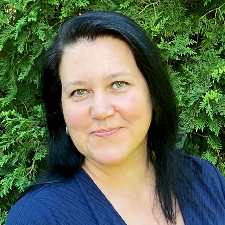 Dr. Tetyana Delaney is a professor of biology at St. Joseph’s College in New York. After receiving her doctorate from the Institute of Molecular Biology and Genetics in Kyiv, Ukraine, she conducted postdoctoral research in Florence University in Italy, Regensburg University in Germany, and Oakland University in Michigan. She has also delivered lecture series in Nanjing University in China and Christ University in Bangalore, India.
Dr. Tetyana Delaney is a professor of biology at St. Joseph’s College in New York. After receiving her doctorate from the Institute of Molecular Biology and Genetics in Kyiv, Ukraine, she conducted postdoctoral research in Florence University in Italy, Regensburg University in Germany, and Oakland University in Michigan. She has also delivered lecture series in Nanjing University in China and Christ University in Bangalore, India.
Tetyana specializes in molecular biology and immunology, and enjoys sharing her knowledge and expertise to illuminate young minds. She has more than 70 peer-reviewed publications and coordinates a joint research project with the Center for Functional Nanomaterials at Brookhaven National Laboratories in New York.
Delaney is inspired daily by her two daughters and son-in-law. In her free time, she likes reading, hiking, sailing, yoga and travel.
______
NASA’s Human Research Program, or HRP, pursues the best methods and technologies to support safe, productive human space travel. Through science conducted in laboratories, ground-based analogs, and the International Space Station, HRP scrutinizes how spaceflight affects human bodies and behaviors. Such research drives HRP’s quest to innovate ways that keep astronauts healthy and mission-ready as space travel expands to the Moon, Mars, and beyond.


